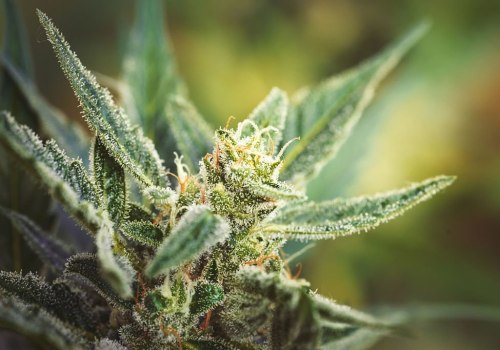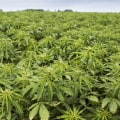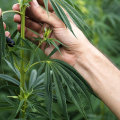The DEA list of controlled substances has worrying safety profiles from an aeromedical perspective. With the exception of Epidiolex, CBD oil and other products containing CBD are not approved or regulated by the FDA. Under federal law, CBD derived from cannabis plants must have more than 0.3% THC. Most drug tests look for the presence of THC or its metabolites, but it is highly unlikely that CBD oil will show up on a drug test.
Cannabinoids such as THC, CBN and CBD are found in the parts of the cannabis plant that fall within the CSA definition of marijuana, such as flower tops, resin and leaves. With the legalization of different forms of cannabis at both state and federal levels, the classification of CBD remains complex and confusing for some. The FDA has not yet approved CBD derived from hemp plants for use in medicines or food and beverage products. Meanwhile, the CBD market continues to grow as more companies produce, distribute and sell CBD products, and consumers around the world buy them in increasing numbers.
If you are referring to a substance that can be used for medicinal purposes, then yes, many people would consider CBD to be a drug that generally promotes health and well-being. But what if CBD and other non-psychoactive cannabinoids are derived from a legal source such as the other 25 plant species that contain cannabinoids or industrial hemp? List I is the most restrictive category, indicating that this controlled substance has no medicinal value and has a high potential for abuse. The CBD industry has grown due to the “exception of market-based research”: you can only study the plant with a viable market for its products. In addition, in some states where medical marijuana is legalized, CBD products containing THC are also allowed for eligible patients.
Employers comply with guidelines established by SAMHSA which include screening for THC but not for CBD. For something to be considered a controlled substance under the Federal Controlled Substances Act (CSA), it must be specifically programmed and assigned one of five classification criteria. When examining the legality of these measures that restricted the free movement of goods within the EU, the court also stated that CBD extracted from cannabis was not a drug within the meaning of the 1961 Convention; and that EU rules on industrial hemp were not applicable to CBD extract since it is not an agricultural product according to those regulations. Given the confusion surrounding these different forms of CBD, there is an urgent need for clarity to shed light both from a regulatory and chemical point of view.
Although THC is known to be the main psychoactive component of cannabis, a recent review by WHO's Expert Committee on Drug Addiction revealed that CBD “has no potential for abuse or dependence” (. Even THC from industrial hemp is no longer defined as a controlled substance (we'll discuss this in more detail later).







